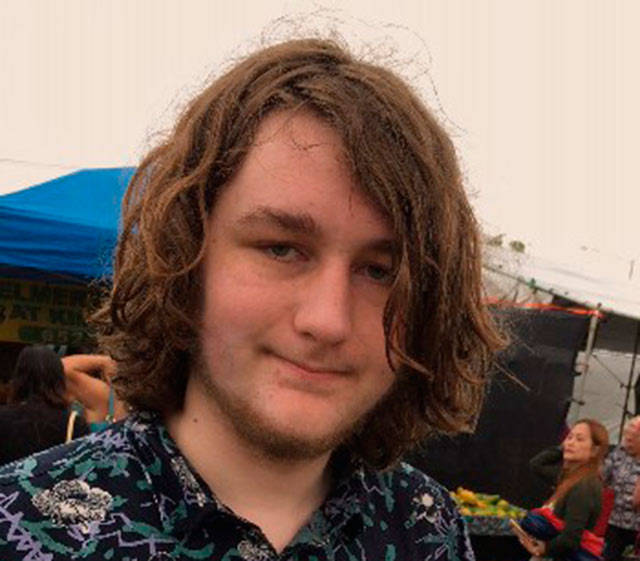At my high school, lockdown drills are commonplace, happening once every month or two.
We are instructed to go to the designated huddle spot and attempt to pack in there as tightly as possible. We are instructed to be quiet but rarely is it so. The lights are turned off, the doors are locked, and we wait until the drill ends. Then, we continue with daily life.
We went into actual lockdown twice this year: In November it was a response to a prank call claiming that an armed man had entered the building and in February it was due to a man groping students on campus. In neither instance were we, the students, notified about why we were going into lockdown. This caused me, and several others, to become extremely afraid, and some, like myself, experience lasting effects.
After the first lockdown, it took a while before I could be in the room where it took place. Eventually, with help from the school counselors, I was able to return to the classroom. However, looking at the corner in which we had sat caused me immense distress. I had anxiety attacks if I looked at it for too long, with rapid breathing, panic and an immense desire to evacuate the building. I also had infrequent nightmares in which I was in an active shooter situation.
I eventually began to recover, until the second lockdown in February. This one was especially difficult for me because I had recently entered into a relationship, and I finally felt like I had a purpose, and didn’t want that to be taken away so soon.
It began with the principal making a statement over the public announcement system, in a frightened tone: “Attention, we are in lockdown, this is not a drill, I repeat this is not a drill!”
We immediately took shelter in our lockdown positions, and so the fearful quiet began.
The silence was far greater than any that had happened in any lockdown drill prior. In those, many students would whisper to each other, chattering about this or that.
However, in the real situation, not a word, a grunt, or even a breath could be heard. In this silence, we were left with naught but our own fears about what may come.
Each student solemnly panicked about the things they could do to save their own lives, and many realized that there was nothing to be done. If the dice of fate were rolled the wrong way, they would end, without a word of resistance. It was not helped by the fact that the only sounds we heard were faint noises from the hallways, echoes of what must have been our coming doom, and the occasional assurance from our principal that we were to stay in lockdown. Fear of death lingered in the air, as desperate eyes locked, and even without a single word, all that needed to be said had been said.
Afterwards, we were simply allowed to leave campus. No statement was made, no reason given for our solemn torment. Just a goodbye and a bus ride home.
Many at the school were unfazed, but many were not.
It hurt to know that we had no power in this situation. It hurt to know that the school did not think us worthy of an explanation of why we had to fear for our lives.
School is a place that scares me now. The illusion of safety has been removed, degraded. My nightmares returned with a vengeance, tormenting me every night to the point where I was scared I was going to begin self-harm. Luckily, I was able to persuade my mind out of those thoughts, but others, as well as a feeling of absolute fear of death, began to fill my mind. I thought about death regularly; I still do. I became extremely sad at times, I feared losing what mattered most. Ultimately, the immense feeling of dread lowered my emotional state dramatically.
I began to have anxiety attacks simply from being at school. I could not concentrate on classwork and fell dramatically behind. Doing homework makes me think about school, which causes more anxiety and slows me down, causing a backlog of work, and even more anxiety. I feel like I need to be doing more, but I can’t bring myself to do so. This cycle of work has caused severe sadness as of late.
Eventually, the school enacted a 504 plan — academic accommodations for students with a recognized disability — however it has not helped much. I have been put on anti-anxiety medication to stop the nightmares. I have been receiving help from a PTSD specialist.
The cycle of my problems causing more problems which cause more problems has caused me to be very depressed, and the feeling of control is nowhere to be found. I don’t want this continuing cycle of chaos to become my future.
Joseph Linford-Combs is a student at Bainbridge High School.
Reprinted from the Northwest Bulletin: Family & Child Health, a publication of the Center of Excellence in Maternal and Child Health at the University of Washington School of Public Health.



